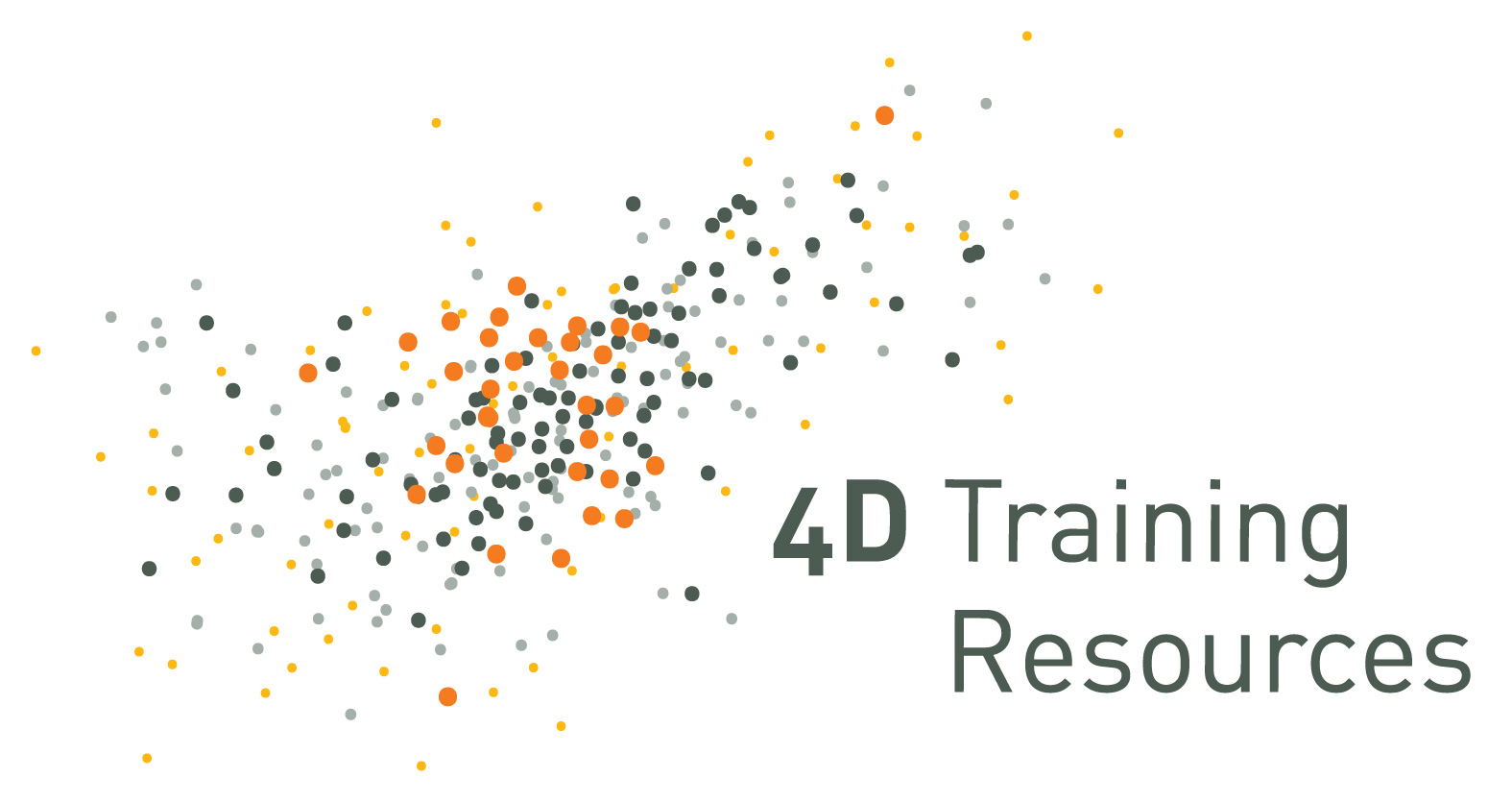Coaching Skills Inventory

No manager looks forward to approaching employees about job-performance problems — yet few tasks are more vitally important. The Coaching Skills Inventory offers a logical, 7-step formula for conducting coaching meetings that are based on mutual trust and respect.
Learning Outcomes
- Identify strengths and weaknesses in specific coaching meeting skills
- Impact employee job performance using the model for effective coaching meetings
- Measure progress by comparing skills after training to those before taking the assessment
Theory
Coaching Skills Inventory is based on the Coaching Meeting Model. The steps and skills that make up the Model are all grounded in behavioral science and have been found to distinguish managers who are experts at conducting coaching meetings from their non-expert counterparts. (Orth et al., 1987; Fournies, 1978; and Stowell & Starcevich, 1987).
How It Works
The inventory presents 18 typical coaching situations. Individuals choose the actions they would most likely take, generating an overall Coaching-Effectiveness Profile. Subscores measure effectiveness in each of the 7 steps of the Coaching Meeting Model process. Next, participants learn a proven meeting model to improve their performance. Finally, a post-training assessment (located in the Facilitator Guide) serves as a basis for comparison.
Uses for the Coaching Skills Inventory
The Coaching Skills Inventory instrument is appropriate for use with individual managers, a group of managers or supervisors in a department or work unit, or all the managers in an entire organization. It can also be used with prospective managers to help them prepare for their future coaching responsibilities. Among its many applications, the Coaching Skills Inventory can be used to:
- Introduce a new performance management system
- Help managers identify their coaching strengths and weaknesses
- Reinforce coaching skills training after a training event
- Compare pre- and post-training skills during a training event
What to Order
Order one Facilitator Guide per trainer and one Participant Guide per participant.
Facilitator Guide includes:
- Administrative guidelines
- Theoretical background
- Step-by-step workshop design
- Optional activities
- Reliability and validity
- Normative data
- The 7-step Coaching Meeting Model
- Sample Coaching Meeting Skills Profile
- Management Training Program Design
- Sample copy of Participant Guide
- Reproducible post-training assessment
- CD-ROM containing Microsoft® PowerPoint® presentation and reproducible masters including a Certificate of Achievement, Training Evaluation, as well as overhead transparency masters
- 3-ring binder format
Participant Guide includes:
- 18-item inventory
- Pressure-sensitive response form
- 7-step Coaching Meeting Model
- Interpretive information
- Chart to plot profile
- Action planning
Related Assessments and Workshops
Related Reproducible Training Library Titles
Coaching in the Workplace > Course 3050 - The Art of Successful Coaching
Coaching in the Workplace > Course 3051 - Coaching Conversations
These programs come ready-to-deliver and include a Facilitator's Guide, Participant Guide and PowerPoint presentation or register for an in-house session.

